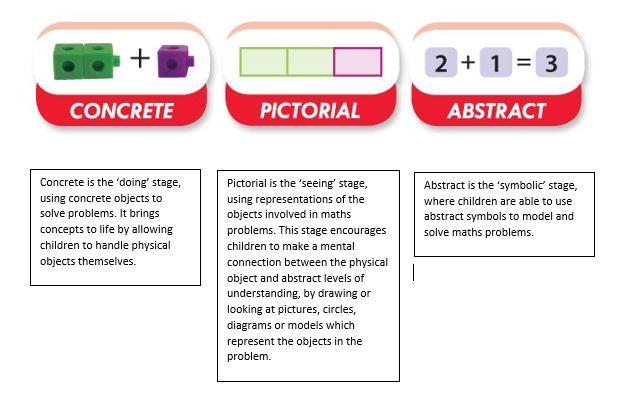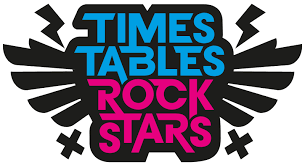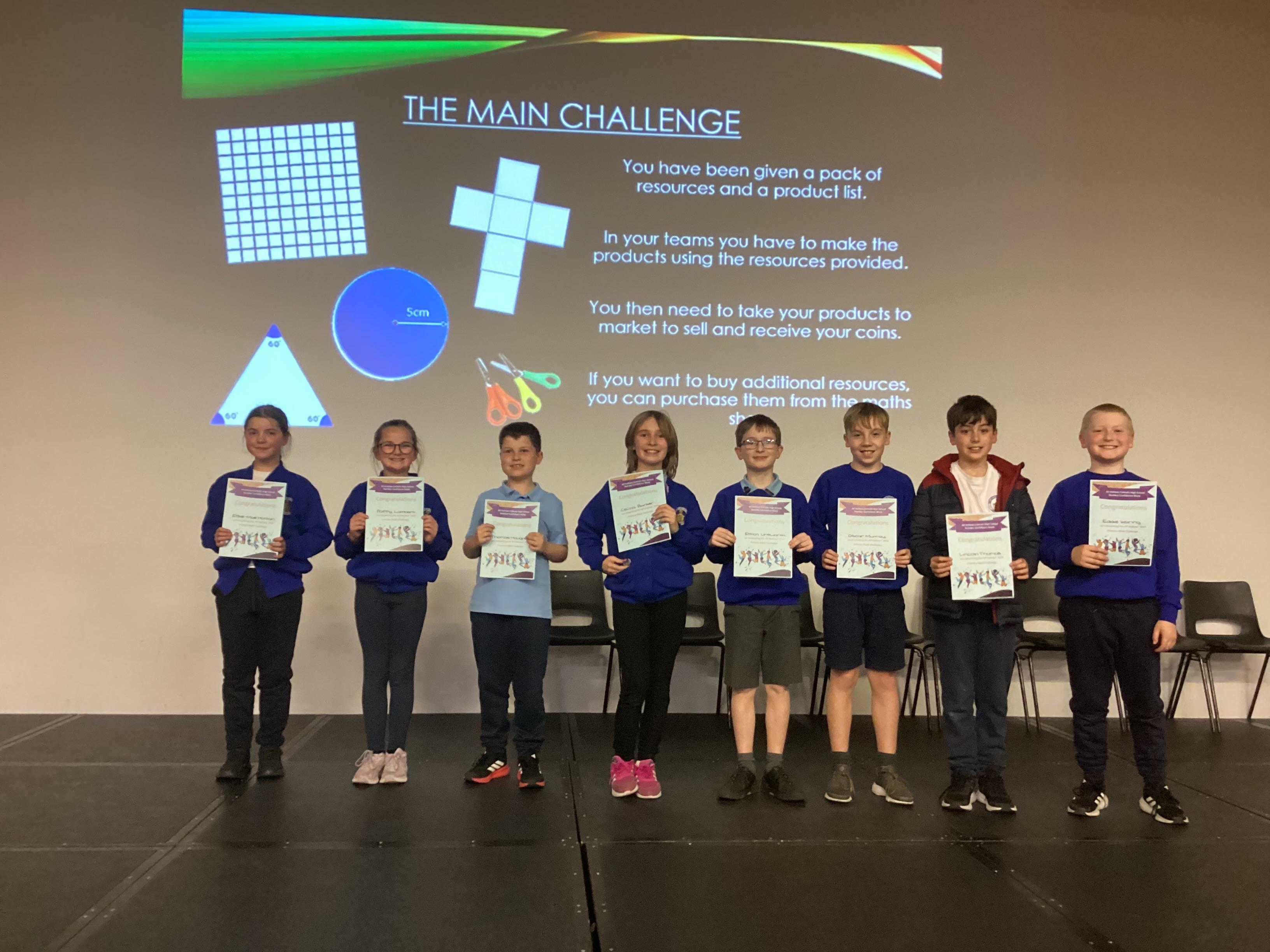Maths
Subject Leader: Mr N. Vaughan
As a school, we aim to develop all pupils' mathematical skills, knowledge and understanding of concepts in order to prepare them for using their mathematical skills, with fluency, in everyday life. We strive to make mathematics enjoyable and relevant to the children, placing emphasis on applying skills and concepts to problem solving activities, thus encouraging independent thinkers. As such, we are adopting a 'Mastery' approach to the teaching of maths across the school. We follow the White Rose Maths (WRM) schemes of work and use the WRM workbooks to support teaching.
Curriculum aims
Our aims for mathematics are based on those in The National Curriculum (2014), which sets out three key aims.
-
Fluency- Become fluent in the fundamentals of mathematics, including through varied and frequent practice with increasingly complex problems over time, so that pupils develop conceptual understanding and the ability to recall and apply knowledge rapidly and accurately.
-
Reasoning- To reason mathematically by following a line of enquiry, conjecturing relationships and generalisations, and developing an argument, justification or proof using mathematical language.
-
Problem Solving- To solve problems by applying their mathematics to a variety of routine and non-routine problems with increasing sophistication, including breaking down problems into a series of simpler steps and persevering in seeking solutions.

Mathematics in Early Years
Useful Documents
- EYFS Overview Maths.pdfPDF File
- Maths Overview Y1.pdfPDF File
- Maths Overview Y2.pdfPDF File
- Maths Overview Y3.pdfPDF File
- Maths Overview Y4.pdfPDF File
- Maths Overview Y5.pdfPDF File
- Maths Overview Y6.pdfPDF File
- Addition and subtraction calculation policy.pdfPDF File
- Multiplication and Division calculation policy V2.pdfPDF File
- National-Curriculum-Progression-Primary.pdfPDF File
- Key Learning in Maths Year 1PDF File
- Key Learning in Maths Year 2PDF File
- Key Learning in Maths Year 3PDF File
- Key Learning in Maths Year 4PDF File
- Key Learning in Maths Year 5PDF File
- Key Learning in Maths Year 6PDF File
Times Tables Rockstars

When it comes to times tables, speed AND accuracy are important - the more facts your child remembers, the easier it is for them to carry out harder calculations.
Times Table Rock Stars (TTRS) is a fun and challenging programme designed to help students master the times tables! To be a Times Table Rock Star, you need to answer any multiplication fact up to 12x12 in less than 3 seconds. As a school, Our Lady and St Gerard’s have just embarked on our TTRS journey.
Logging in
Your child's teacher will show your child how to log in. Please do contact school if your child requires a password reminder or any assistance with using TTRS. Click here to access the student log-in page.
What are the different game modes?
If your child is unable to access these, it will be because the teacher has set specific games for your child to play based on their knowledge of your child and their understanding of how to keep children engaged throughout the year.
|
Single Player |
|
|
Garage |
Players answer the tables selected by their teacher or by TTRS’ Auto trainer. Important: if you feel your child is overwhelmed by the number of tables they’re practising, please speak to their teacher. We suggest to teachers to select one table per week with small combinations every third or fourth week. If your child is on Auto, they will practise the one table chosen for them* in small chunks of 4 questions at a time. Our algorithm selects the table after a Gig game. |
|
Gig |
If your child is on Auto training, they will periodically play Gig games to assess which table is best for them to practise in the Garage. Important: players must give each Gig performance their full concentration to demonstrate their tables skills. They may be returned to an earlier table if not. |
|
Jamming |
The only game mode without a timer, your child chooses the table and the operation (× or ÷ or both) they want to practise. Answer 10, 20 or 30 questions. |
|
Studio |
Here your child earns their Rock Status, which is based on their Studio Speed. The faster they are the better their status. Studio Speed is the average of their most recent 10 Studio games. Suitable for confident players. |
|
Soundcheck |
Soundcheck games ask 25 multiplication questions (up to 12×12), allowing |
|
Multi Player |
|
|
Festival |
Children compete against others from around the world, with their identities protected behind their rock names. Suitable for confident players (questions up to 12x12). |
|
Arena |
Children race against other members of their class who are logged in and choose the same arena name at the same time. Like Garage, Arena games ask questions that are either set by the teacher or by TTRS’ Auto trainer. |
|
Rock Slam |
Players challenge their classmates or teachers to answer as many questions as they can in 60 seconds, setting a score for the challenge to beat. Pupils don’t need to be online at the same time. |
|
Tournaments |
Battle of the Bands – groups of children within the same school (usually classes, year groups or teams) compete to have the highest average score per player. Important: Each correct answer (in any game mode) earns 1 point towards the team’s total in addition to the coins earned. For example, in Garage games each correct answer is worth 1 point for the team and 10 coins for the player. |
|
Top of the Rocks – think of this as a Battle of the Bands between schools. The winning class or school is the one with the most correct answers per person. Players’ identities are always protected behind their “Rock Names.” |
|
Numbots Guidance for KS1
Year 4 Multiplication Tables Check Meeting Slides











